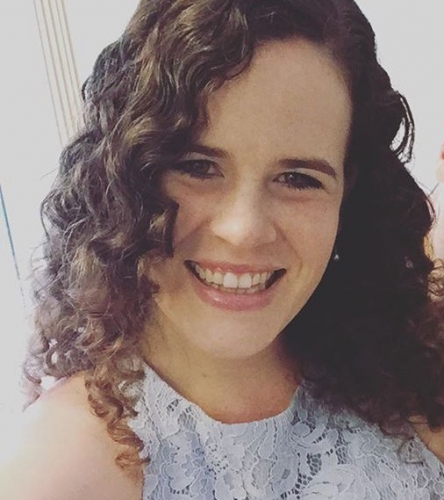Australia, like many developed nations, is experiencing a demographic shift towards an ageing population. With advancements in healthcare and lifestyle improvements, people are living longer, resulting in a growing number of elderly individuals in society. While this is, of course, a cause for celebration, it also presents unique challenges, particularly concerning the well-being of this ageing population. One important aspect to consider is social engagement. Research consistently highlights the importance of social activities in promoting physical, mental and emotional health among the elderly. As we age, maintaining social connections becomes increasingly important for overall well-being. We explore the significance of structured social activities for elderly individuals in Australia, focusing particularly on their role in preventing cognitive decline and promoting a higher quality of life.
Engaging in regular social interactions stimulates the brain, keeping it active and alert.
Studies have shown that participation in intellectually stimulating activities, such as discussions, games, and classes, can help preserve cognitive abilities and even delay the onset of conditions like dementia and Alzheimer's disease.
Subscribe for FREE to the HealthTimes magazine
Loneliness and social isolation can also lead to depression and other health issues. The companionship offered through structured social activities provides a send of belonging and companionship. By fostering social support networks and encouraging emotional expression, these activities help alleviate feelings of loneliness and isolation, reducing the risk of depression and promoting overall emotional well-being.
Many structured social activities also involve physical movement and exercise, which are vital for maintaining mobility and overall physical health in old age. Whether it's participating in group walks, dance classes, or gardening clubs, these activities encourage seniors to stay active and engage in regular exercise. Physical activity not only strengthens muscles and improves balance but also boosts mood and energy levels, contributing to a higher quality of life for elderly individuals.
Studies have demonstrated a strong correlation between social engagement and cognitive health in the elderly population.
Research findings consistently indicate that those who maintain active social lives and participate in structured social activities exhibit better cognitive function and a reduced risk of cognitive decline compared to those who are socially isolated.
FEATURED JOBS
St Vincent's Health Australia
provides cognitive stimulation, challenging the brain and promoting the formation of new neural connections. Interacting with others encourages cognitive processes such as problem-solving, memory recall, and language use, which are essential for maintaining cognitive function.
Social engagement has also been linked to a
reduced stress response and lower levels of inflammation in the body, both of which are associated with cognitive decline. The emotional support and companionship provided by social interactions also contribute to overall psychological well-being, which in turn may have positive effects on cognitive function.
In Australia, various structured social activities cater to the diverse interests and preferences of elderly individuals. These activities encompass a wide range of options, including:
-
Senior Citizens' Clubs: These clubs offer a supportive environment for socialising, recreational activities, and group outings.
-
Community Centres: Community centres host a variety of classes, workshops, and events tailored to older adults, such as art classes, cooking demonstrations, and exercise sessions.
-
Volunteer Programs: Volunteering opportunities provide meaningful social engagement while also allowing seniors to contribute to their communities.
-
Intergenerational Programs: Programs that facilitate interactions between older adults and younger generations promote intergenerational bonds and provide mutual benefits in terms of social support and learning.
-
Technology Classes: Classes on using computers, smartphones, and social media platforms help older adults stay connected with friends and family members online.
Despite the benefits of structured social activities, several barriers may hinder elderly individuals from participating fully. These barriers include mobility issues, financial constraints, lack of transportation, and health concerns. Some seniors may face social isolation due to language barriers, cultural differences, or living in remote areas. To address these challenges, it is crucial to:
-
Provide Transportation Services: Offering transportation services or arranging group transportation can help seniors overcome mobility challenges and access social activities.
-
Offer Financial Assistance: Subsidised or low-cost participation fees, as well as financial assistance programs, can make social activities more accessible to seniors on limited incomes.
-
Adapt Activities for Accessibility: Ensuring that activities are inclusive and accommodating to individuals with disabilities or special needs can encourage greater participation.
-
Promote Outreach and Awareness: Outreach efforts to inform elderly individuals about available social activities and their benefits can help overcome barriers related to awareness and knowledge.
As Australia's population continues to age, we must prioritise social engagement and create supportive environments that enable elderly individuals to participate fully in structured social activities. This requires concerted efforts from government agencies, community organisations, healthcare providers, and individuals alike. Together, we can build a more inclusive and age-friendly society for generations to come.













